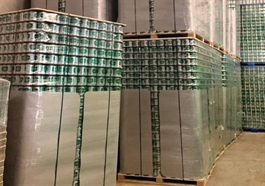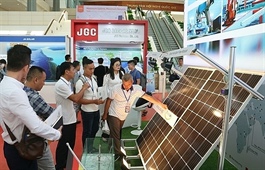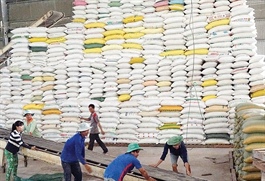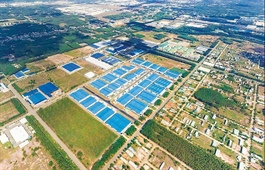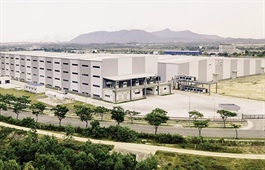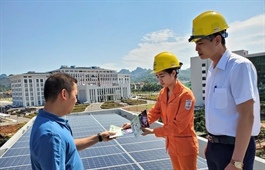Agricultural products benefiting from EVFTA
Agricultural products benefiting from EVFTA
Goods like rice, coffee, and footwear are seeing the immediate benefits of the EU-Vietnam Free Trade Agreement.
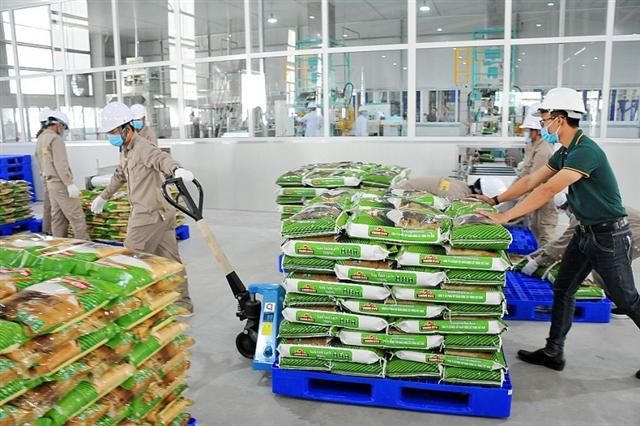
Vinaseed is one of the local exporters receiving tailwind from the EVFTA
|
The EVFTA that has taken effect on August 1 is aiding local exporters, especially those collaborating with EU partners. Specifically, along with better prices, the exporters’ output will also increase if their manufacturing and supplying capacity is strong enough to fulfil the requirements of the partners.
Vietnam National Seed Group (Vinaseed) has just successfully exported a batch of its VJ Pearl Rice and RVT fragmented rice to the Netherlands and the Czech Republic, at the price of $1,040 per tonne. This price is much better than what they got last year, thanks to the EVFTA.
According to Nguyen Quang Truong, general director of Vinaseed, the company's exports to the EU reached about 2,000 tonnes last year, with a turnover of about $2 million. The rice exporter now targets 5,000 tonnes this year.
“Local companies need to prove that their goods completely meet the importers’ demand in quality and quantity,” said Truong. “Although we have yet to export large volumes, we have always been striving to assure the quality of each batch of goods.”
Other rice exporters have also benefited from the EVFTA. The free-on-board (FOB) price of the Jasmine rice of Trung An High-Tech Agriculture JSC has reached $1,080 per tonne, the highest in their books so far. Before the EVFTA, a tonne of Jasmine rice fetched only $800.
Along with rice, coffee and other agricultural goods will receive preferential conditions from the agreement. Vietnam’s coffee bean exports to Germany valued $367 million last year.
“The tariffs on coffee in the EU will be cut from 15 to 0 per cent, helping exporters to focus on quality instead of quantity like before. Thanks to that, the value of each export order will increase. Thus, earnings will be improved while the export volume will contract," said Luong Van Tu, chairman of the Vietnam Coffee-Cocoa Association.
According to Tran Thanh Hai, deputy director of the General Department of Vietnam Customs, Vietnamese enterprises have made sure to receive certificates proving the origin of goods before entering the EU, thus, they have been benefiting from the agreement.
In August 2020, organisations authorised to grant licenseshave issued more than 7,200 certificates of origin (movement certificate EUR.1) for footwear, seafood, plastic, textile, vegetable, rattan, and bamboo products worth $277 million to 28 European countries.
Over the first half of 2020, COVID-19 has taken a toll on global trade. Vietnam's export turnover was recorded at $22.9 billion, down 4 per cent on-year. However, seafood exports are showing promise. As of the end of August 2020, Vietnam's seafood exports rose 8 per cent on-year to $2.6 billion. To boot, shrimp and shrimp products have drawn a great deal of attention since the EVFTA took effect.
|
The EU's import turnover ranks in second place in the world, occupying 14.9 per cent of global imports. The EU is also Vietnam’s second-biggest export partner. However, Vietnamese goods only make up 2 per cent of Europe’s total imports. In 2019, Vietnam's export turnover recorded $2.9 billion in value. Germany was the biggest importer from the EU, making up nearly 13 per cent of the total export turnover. |







